⚙️ #6 Micromobility Rocks 🤏

"What is this? A vehicle for ants?!".
You might be wondering why Dust is talking about tiny mobility devices today in our newsletter, but actually...
The term 'micromobility' was coined by Romanian-American analyst Horace Dediu in 2017 and is now the umbrella term for all form of lightweight electric vehicles.
The Dust team have been round the proverbial - and actual(!) - block on eScooters, eBikes, eMotorbikes, EVs and everything in between. Working on mobility brands from Audi BEVs, to PURE scooters, Specialized bikes, UBCO motorbikes, prototype EVs of all shapes at MillenWorks, and even electric joy rides with WDI for the Radiator Springs Racers ride in Disney's California Adventure park.
We think micromobility rocks and transferring insights from this broader established field to our nascent eMoto segment will help accelerate the space. In this post we take a cut across brand, business model and go-to-market. In a future instalment we'll dive into working capital challenges and strategies, which is key to scaling hardware brands like Dust.
Brand
The most powerful and enduring competitive moat for any company is a great brand, which ideally is counter-positioned and creates a network effect. An interesting eBike contrast is Super73 vs Rad Power Bikes - both over 10 years old. Super73 exudes lifestyle, adventure, and Californication, which has drawn a cult following. Super73 will always be the original beach cruiser. Whereas Rad has adopted a safe, no-frills and utilitarian product focussed position. Rad has a low brand wall potentially leaving it open to bombardment from low-cost Far East copycats.
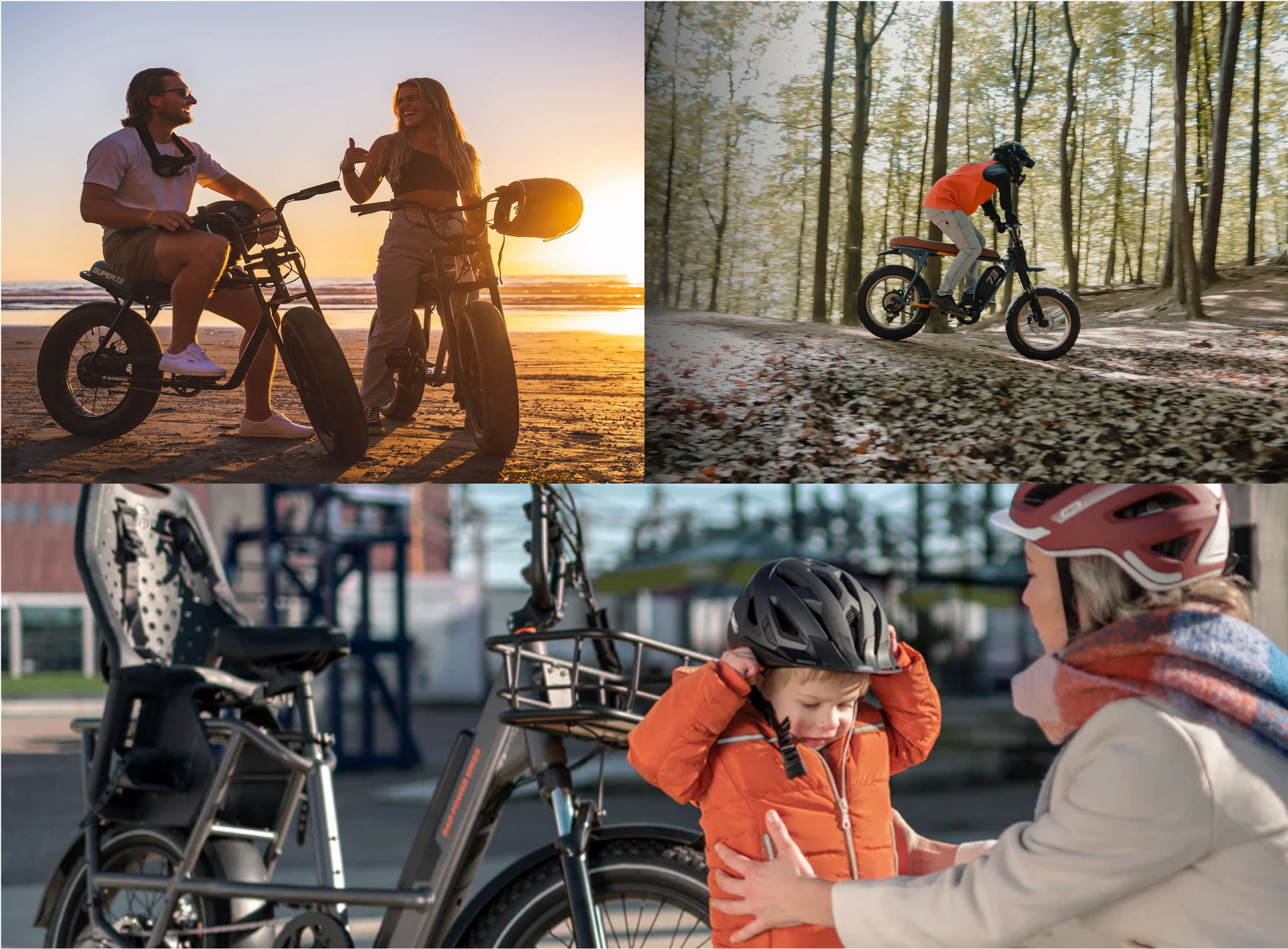
Business model
The eScooter space is witnessing a high-stakes duel of business models. The race between 'shared fleets' vs 'private ownership' now has a clear winner. Over the past 10 years, consumers have learnt shared scooters are heavy, inconvenient, and expensive ($10/day). Whereas private folding scooters are light, convenient, and low cost over their life ($1/day). McKinsey has found 64% who use an eScooter to commute prefer private ownership (e.g. PURE). Subscriptions came second at 23% (e.g. Unagi). Shared at just 6% is 10x less than private (e.g. Tier, Voi, Lime etc). Yet vaults of cash has been ploughed into a shared eScooter hype cycle by hapless VCs and their helpless LPs. 90% of micromobility investment has gone to shared e-scooter firms attracting $5.2B from 2018 through to 2022. Crazy times.
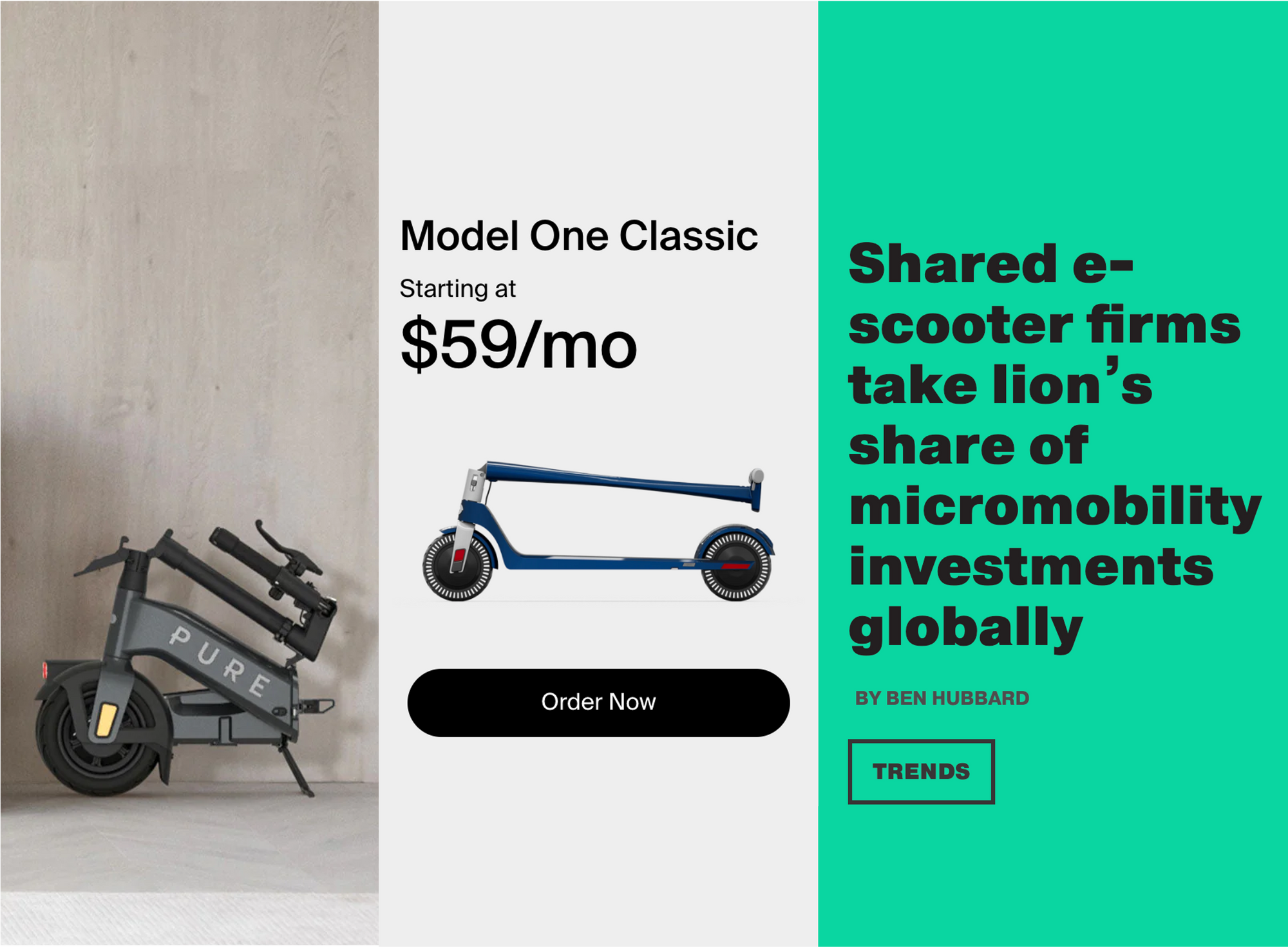
Go-to-Market
Within the realm of private ownership, there is another high-stakes duel to reach customers and build brand love. New eBike brands like VanMoof have invested heavily in direct-to-customer (D2C). Whereas incumbents like Specialized have relied on their established retail networks. New D2C entrants coming unstuck by shipping proprietary tech far from their small number of service centers which makes resolving issues hard. Whereas incumbents know from 40 years of experience they must leverage the passion of local bike shops to provide test-rides, maintain and repair their products. Innovation without good customer service is a fast track to failure. And this week VanMoof is paying the price with stores closed as the self-styled 'Most funded e-bike company in the world' files for protection from creditors after ripping through almost $200M in venture capital.
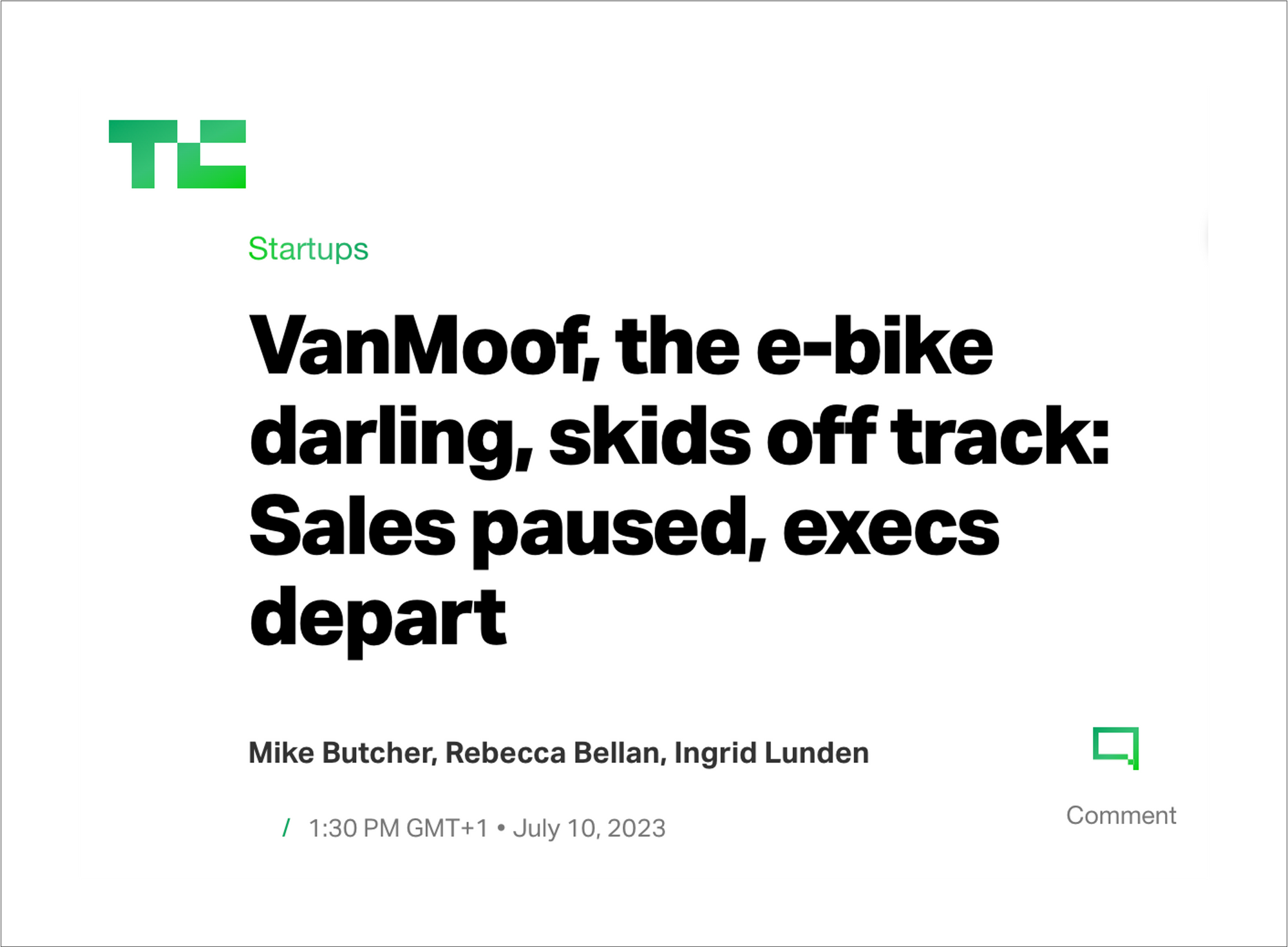
There is no single right answer when developing a business and the strategy needed to succeed. However, an intentional approach based on recent references and data is key to building a business that maximizes its chances of success.
Our model at Dust is one of pragmatism; focus on developing the best product possible, with a deep connection to customers and partners (the ecosystem), and rich storytelling to build a noteworthy brand. While VC hype cycles come and go, these core aspects of business development stand the test of time.
Gold Dust
The long-anticipated LiveWire (Harley) S2 Del Mar has production specs announced. Deliveries look to be starting soon. Will a $16k motorcycle with 40-60 mile range be a breakout success? (Here)
After a period of back and forth with customers and the brand, Zero Motorcycles have decided to go the route of "right to repair" for their bikes, a big win for an industry where DIY practices run deep. (Here)
Troy Lee himself sits down with Enduro MTB mag to discuss some history, the businesses decision to move some production (and his part-time residence!) to Europe, and his thoughts going forward. Dust loves this: "Racers give me integrity. Without the Racers, we would not be where we are today." (Here)
We've added a dedicated email to receive newsletter feedback! Catch us at newsletter@dustmoto.com OR just respond to this email!
Done and DUSTED for this week. See you all on the next lap.

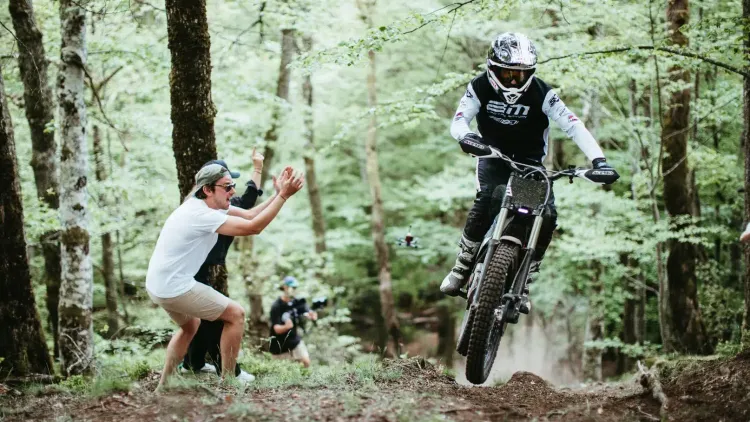
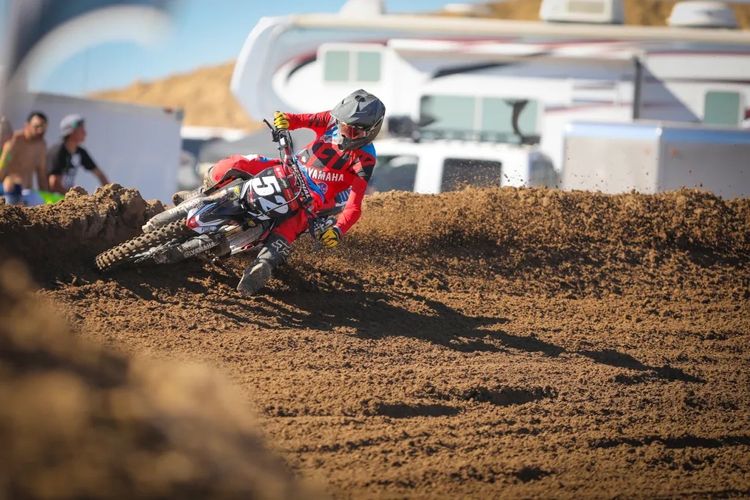
Member discussion